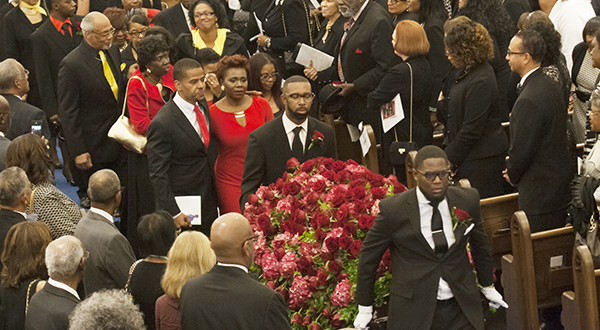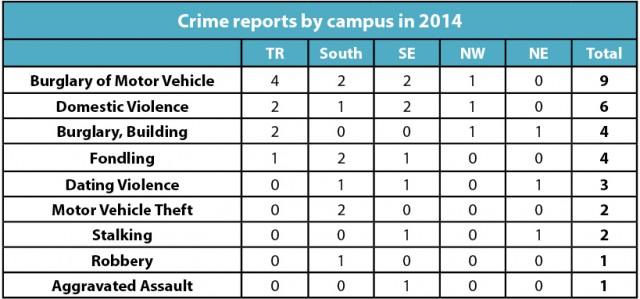By Katherine Barclay/ reporter
NW students learned techniques for overcoming challenges during an Oct. 7 workshop conducted by members of Phi Theta Kappa.
“After my divorce, I decided to go back to school,” said NW student Laura Pitts, who said she attended the workshop for extra help.
A working mom of three boys as well as a nursing major, Pitt said at times she feels “willpower gets in the way of time management.”
NW Phi Theta Kappa president Briar Gorell said 68.5 percent of NW students surveyed said they struggle with willpower.
Gorell, who works two jobs as well as being a full-time student and mom, said she understands that life can make being a student difficult. The adversity she has faced in her life motivated her to continue to push through school, she said, encouraging fellow students to do the same.
“It’s overwhelming to look at the journey ahead of you,” she said.
However, she said the best piece of advice she had for students was to “just push through it.”
“Most [test] anxiety comes from students wanting to do really good and then failing,” said Giovanna Guiterrez, NW PTK vice president of leadership.
Guiterrez said she sometimes overcomes test anxiety by countering negative thoughts with positive ones.
“Move on from questions you don’t know and focus on what you do know,” she said. “Everyone can overcome this if they want.”
Guiterrez also advised students to use available resources, such as fellow students, professors, advisors and also supplemental instruction.
Supplemental instruction is a student-led academic enrichment program offered for historically difficult classes.
Emmanuel Ortiz, who also spoke at the workshop, is a peer supplemental instructor for BIOL 1406. Biology tends to be a challenging class for students because it involves new concepts that students have never heard of, Ortiz said. Part of his job as a supplemental instructor, he said, is to clarify those concepts in a group environment.
“Don’t be too proud to ask for help,” he said.
Grace Cooke, NW PTK vice president of public relations, discussed the importance of setting goals. She shared her research.
“A lot of students don’t know why they are here, so they drop out,” she said.
Setting an overall goal and using mini-goals along the way will keep students on track, Cooke said.
NW speech instructor Carol Hunsberger stressed the importance of goal-setting.
“We need goals in front of us 24/7,” she said.
Hunsberger suggested using visual icons as goal reminders, such as having students take a photo wearing a graduation cap.




























